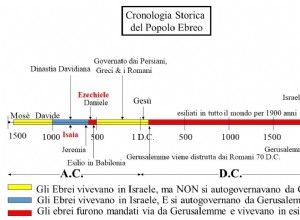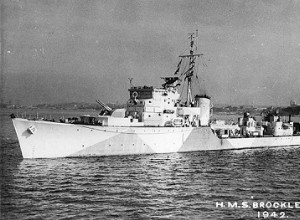In 1917, in a park outside Yale University, a young American soldier, Robert Conroy, who had enlisted in the army after his country declared war on Germany, saw a small , hungry puppy roaming around. The soldier took pity on the puppy and adopted it, naming it Stubby. Conroy took Stubby with him




